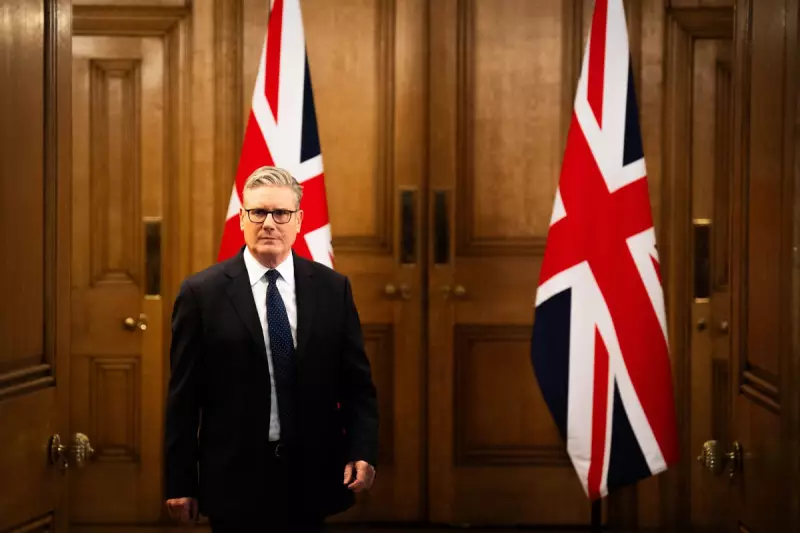
In a significant move to redefine Britain's global trading relationships, Prime Minister Keir Starmer has embarked on his first major international mission to India, holding pivotal talks with Indian Prime Minister Narendra Modi.
Reset Button on UK-India Relations
The newly elected British leader's visit signals a dramatic shift in approach from previous administrations, with Starmer emphasising the creation of a "new strategic partnership" between the two Commonwealth nations. The meeting, described by Whitehall sources as "exceptionally productive," focused on strengthening economic cooperation and addressing long-standing trade barriers.
Economic Opportunities Take Centre Stage
At the heart of discussions was the ambitious UK-India free trade agreement, a deal that could potentially boost British exports by billions and create thousands of jobs across both countries. Starmer's team has identified India's rapidly growing economy as a cornerstone of Britain's future trade strategy outside the European Union.
Key discussion points included:
- Removing barriers to British services exports
- Collaboration on green technology and renewable energy
- Enhanced security cooperation and defence partnerships
- Streamlining visa processes for business professionals
A New Chapter in Bilateral Relations
Observers note that Starmer's approach marks a departure from previous diplomatic tensions, with both leaders expressing commitment to building what Modi described as a "forward-looking partnership." The timing is particularly significant, coming amid global economic uncertainty and shifting international alliances.
"This isn't just about signing trade deals—it's about building a comprehensive relationship that benefits both our peoples for generations to come," a senior Downing Street official commented.
What This Means for British Business
The strengthened ties could provide a major boost to UK companies seeking access to India's massive consumer market, particularly in sectors where Britain holds competitive advantages including financial services, education technology, and creative industries.
With India projected to become the world's third-largest economy by 2027, Starmer's diplomatic offensive represents a strategic calculation that could shape Britain's economic future for decades.





